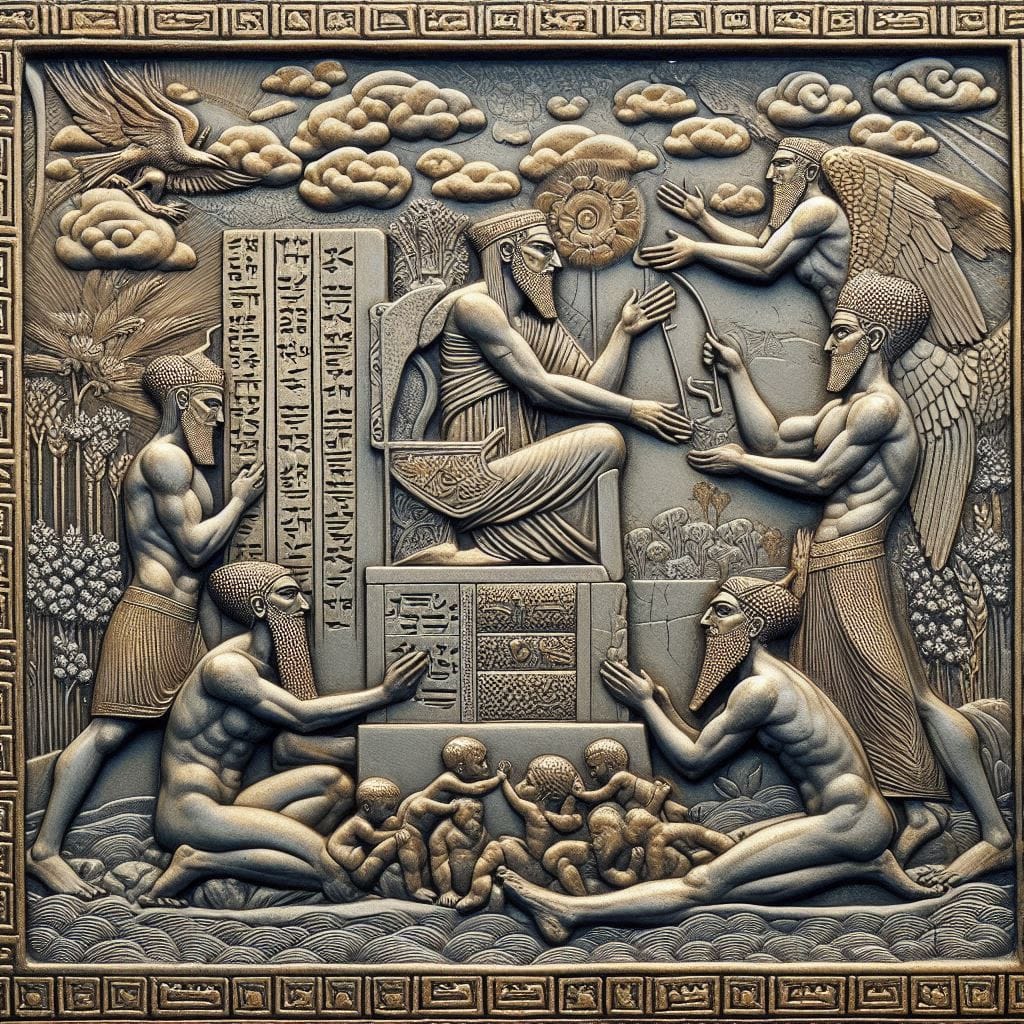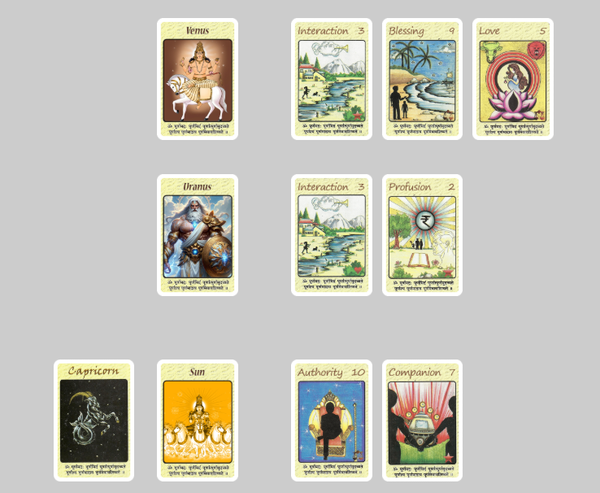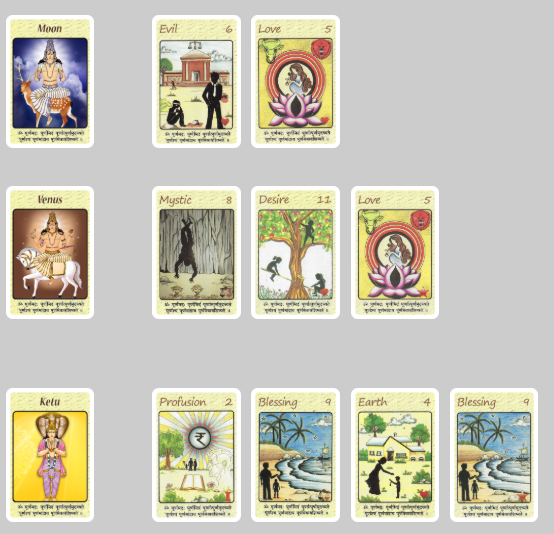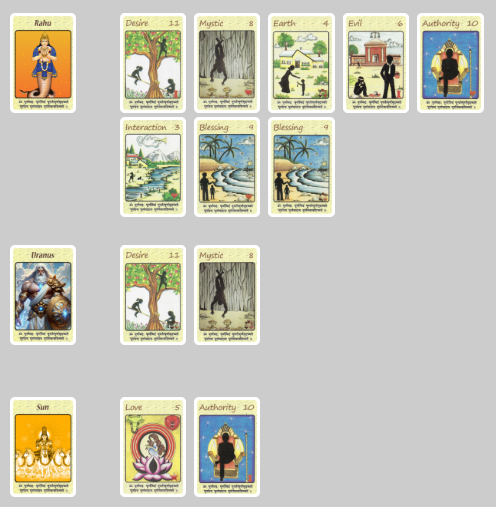The Seven Tablets - Marduk’s Divine Blueprint: The Creation of Man in the Sixth Tablet
Explore the Sixth Tablet of the Enuma Elish: Marduk's resolution to reshape the cosmos by creating mankind, establishing a servant race to sustain the divine order. #occultsanctum #EnumaElish #Marduk #BabylonianMythology #CosmicOrder #AncientLegends #DivineCreation

In the ancient Babylonian epic of creation, the Enuma Elish, the Sixth Tablet marks a turning point—a moment when the supreme god Marduk resolves to reshape the cosmos through a bold act of creation. Stirred by the collective word of the gods, Marduk’s heart fills with inspiration, prompting him to devise a cunning plan that would alter the divine order forever.
The Spark of Divine Inspiration
When Marduk heard the word of the gods, a powerful vision took root in his heart. Moved by their counsel, he opened his mouth and confided in Ea, the wise god of waters and wisdom. In a voice full of divine resolve, Marduk declared:
"My blood will I take and bone will I fashion; I will make man, that man may inhabit the earth."
This was no mere act of creation for its own sake. Marduk’s intention was clear: by creating mankind, he would establish a servant race destined to care for the gods’ shrines and sustain the rituals of the divine. In doing so, he would not only serve the gods but also change their ways—reshaping the cosmic order to ensure that the gods had eternal support and that their shrines were forever maintained.
A Pact with Ea and the Weight of Change
After hearing Marduk’s impassioned plan, Ea responded with measured words. Although parts of his speech are lost to time, Ea’s reply indicates an awareness of the profound implications of Marduk’s vision. By creating man, Marduk was setting in motion changes that would alter the courses of the gods. Ea hints that while certain aspects of the old divine order might be destroyed, a new path—one that integrates man into the service of the gods—would emerge.
This dialogue between Marduk and Ea underscores the monumental nature of the act: it was an innovation that would have lasting consequences, reordering the relationships between the gods and establishing a new balance within the universe.
The Divine Rejoicing
Although much of the central text is fragmentary, the final stanzas of the Sixth Tablet reveal the outcome of Marduk’s decisive act. In a sacred assembly at Upshukkinnaku, the gods gathered in a show of jubilation and solidarity. They rejoiced over Marduk’s initiative and acclaimed him as their heroic avenger. With voices raised in exultation, they honored him for the succour he had provided—naming him, praising him, and elevating his status among the divine.
This collective celebration not only affirmed Marduk’s authority but also signaled a new era in which the gods themselves could rely on the service of mankind—a service designed to maintain and perpetuate the cosmic order.
The Legacy of Marduk’s Creation
The Sixth Tablet of the Enuma Elish stands as a testament to the transformative power of divine innovation. Marduk’s decision to create man was more than an act of populating the earth; it was a deliberate reordering of the cosmos. By intertwining the fate of the gods with that of humankind, Marduk ensured that the divine realm would have the eternal support necessary for maintaining order and carrying out sacred duties.
In the rich tapestry of Mesopotamian mythology, this act of creation marks the beginning of a new chapter—one where the interplay between gods and man defines the structure of the universe. Marduk’s blueprint for creation not only altered the paths of the gods but also laid the foundation for the eternal cycle of service, sacrifice, and cosmic balance.



